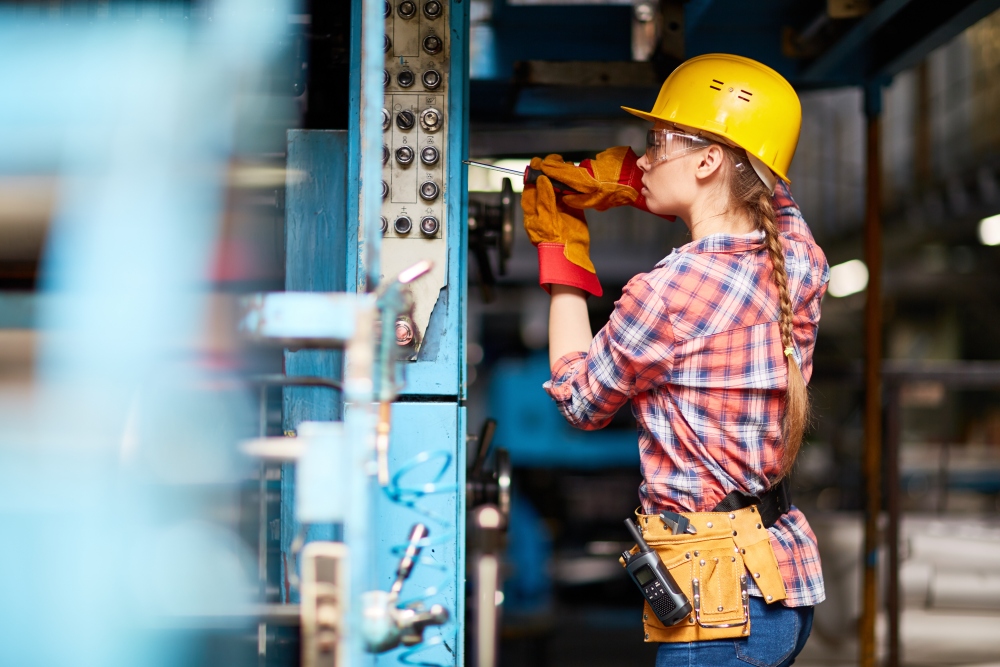We will not deliver a Just Transition without radical collaboration
Halla Tómasdóttir, CEO of The B Team
When the Belfast shipyard that built the Titanic moved to shut down earlier this year, some of its 30,000-strong workforce took a stand—and not the one you might expect. These workers fought not to keep their current jobs, but to turn the dock into a nationalized site for renewable energy production. In a move that would have built both the technology needed to curb the rise of global emissions and new jobs that go along with these developments, these workers recognized that the opportunity a clean energy future contains could not be ignored.
Steel workers, ship builders and welders aren’t the usual voices we expect to hear from on these issues, but they’re part of a growing swell of actors coming together around the climate crisis. From activists working with doctors, academics, lawyers and more to millions taking to the streets with youth around the world, we are facing a pivotal turning point when it comes to collaboration on climate.
Yet we are also living in a world that is more unequal than ever before. Mass protests continue from Hong Kong to Santiago to the streets of Madrid, with this COP being a stark reminder that we must bridge the gap between climate action and social justice.
With the scale of the climate crisis and the crisis of inequality more visible than ever before, we need radical collaboration and the determination to deliver a just transition. A just transition calls for a dialogue between workers and their unions, employers and governments, to create new, decent, green jobs that respect labor rights. It calls for partnerships across sectors to ensure the transition builds a more inclusive workforce.
As policymakers, business leaders, civil society and more gather at COP this week, this spirit of collaboration must inform discussions and debates. Last year, we saw nearly 40 governments commit to a just transition. Yet the enabling policy and investment lags behind. Now is the time to work with businesses, unions and workers to put this commitment into action.
Building these partnerships is central to our work to deliver a just transition at The B Team. Whether we’re developing guidance with the ITUC for companies to take their first step toward a just transition, encouraging businesses to pledge to create both green and decent jobs or bringing union leaders and business leaders to the same table, we’re keeping collaboration at the center of our efforts.
Just this week, we’ve seen continued momentum around these partnerships with the CEOs of more than 75 companies and the AFL-CIO standing by their commitment to realizing the promise of the Paris Agreement and urging the US government to join them. Employees are increasingly pushing their employers to take ambitious climate action. It seems clear that both current and future generations of employees and consumers will accept nothing less from corporate leadership.
Under these shifting expectations, businesses must realize and act upon their accountability to all stakeholders. The shift toward a net-zero future is inevitable. What is not inevitable is that this transition benefits all of humanity. Without unlikely actors coming together and recognizing this accountability and the urgency of this moment, the transition stands to worsen conditions for workers and communities around the world. Ultimately, business cannot succeed without a social contract that feels fair, just and inclusive for all.
It’s time for all of us to come together today, for a just transition to a better tomorrow.

